
Banks in emerging Asia wrestle for e-payments market share against telcos and online upstarts
Indonesian and Philippine banks may lose up to $3.8b and $1.3b respectively as they fail to hold on to their dominance.
Banks in emerging Asian markets that failed to adopt mobile payment technologies early on in the game run the significant risk of disruption in the payments space as independent upstarts and telco incumbents swoop in to wrestle market share away from laggard lenders, according to a report from Morgan Stanley.
“We are now in the midst of a period of change in the ASEAN payments market, although the pace differs. Singapore and Thailand are leading, Malaysia is next, whilst the Philippines and Indonesia are still in the earlier stage,” the report’s authors said.
Also read: Check out mobile wallet adoption across Asia
The loss of revenue for banks is far greater than the cost-out opportunity over the next 2-3 years with Indonesia’s Mandiri and Bank Rakyat Indonesia (BRI) and the Philippines BDO amongst the most vulnerable.
“On the revenue side, the drive to increase financial inclusion means that there is more scope for non-bank competitors (including telcos) to take market share,” the firm noted. “Digitisation has made less progress in these markets, the banks still need to invest in IT and in the case of the Philippines, there is still a need to invest in physical infrastructure.”
Also read: 7 in 10 Indonesian banks threated by ride-hailing firm Go-Jek
In fact, Morgan Stanley expects BRI’s return on equity to fall from 16.8% in 2018 to 14.1% in 2022 whilst Mandiri is expected to eke out measly gains from 12.7% to 12.9% over the same period. In stark contrast, the ROE of Singapore banks are poised to steadily rise in the same four-year period.
“As a consequence of this, we see Singapore's banks potentially earning higher RoE's than Indonesian banks by 2022(expected). We do not believe that this is in the price. We reiterate our positive call on the Singapore banks and have upgraded OCBC to OW (previously EW), alongside DBS (already OW).”
Such is the case for these two countries because Morgan Stanley notes that they have similar lax regulatory environments to that of China which provides an opportunity for independents like well-funded ride-hailing platform and telco operator Globe to wrestle market share.
“We expect the Indonesian and Philippines banks to be net losers (of $1.9-3.8b and $0.9-1.3b, respectively) as larger revenue headwinds are not mitigated by cost benefits to the same extent.”
Contrast that with Singapore’s top banks, DBS and OCBC, who have made it a point to invest in such technologies as early as 2014, making them the net winners from the heating e-payments scene. After accounting for cost efficiencies, banks are also likely to create value from e-payments arm in Malaysia.
The report noted that regulatory environments in Singapore, Malaysia and Thailand, which shares traits with the US, is also beneficial to incumbent banks unlike those in emerging markets which acts as fertile ground for fintechs.






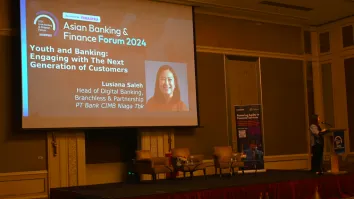

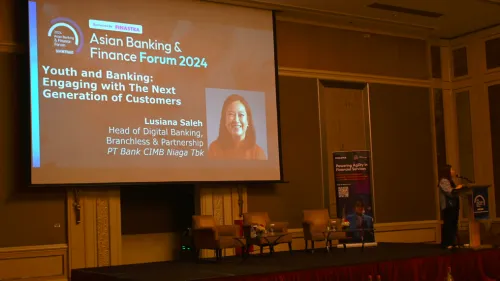
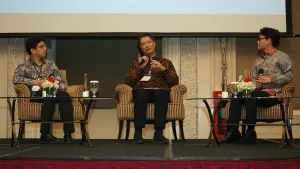
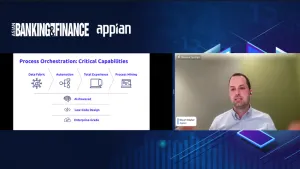
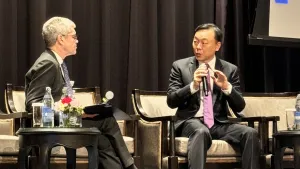




 Advertise
Advertise






